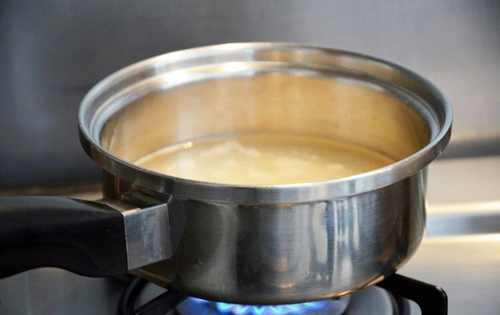Heat Energy
Heat is a form of energy that is transferred form a hot area to a cold area as a result of the differences in temperature between the two areas.
Heat is a form of energy that is transferred from one object to another. It may result in a change of state of a substance. For example, when water is heated, it changes from liquid state to a gaseous state. Since heat is a form of energy, it energizes the molecules of substances to move about.
It is the energy from heat that makes molecules of water move far away from each other so that they assume gaseous state in the form of vapour.

When a pot of yam is placed on fire, it is the heat from the fire that is transferred to the pot and then to the yam that is cooking. Energy from heat can be measured just like any other form of energy. Heat energy can be measured using an instrument called calorimeter. Since heat is also one form energy, it is measured in Joules (J).
When you heat an object continuously, the object becomes hotter and hotter. This also increases its temperature continuously. This tells us that the more heat that is supplied to a body, the hotter it becomes and the higher the temperature. Meanwhile, the smaller the amount of heat supplied to a body, the less hot it becomes and the lower its temperature